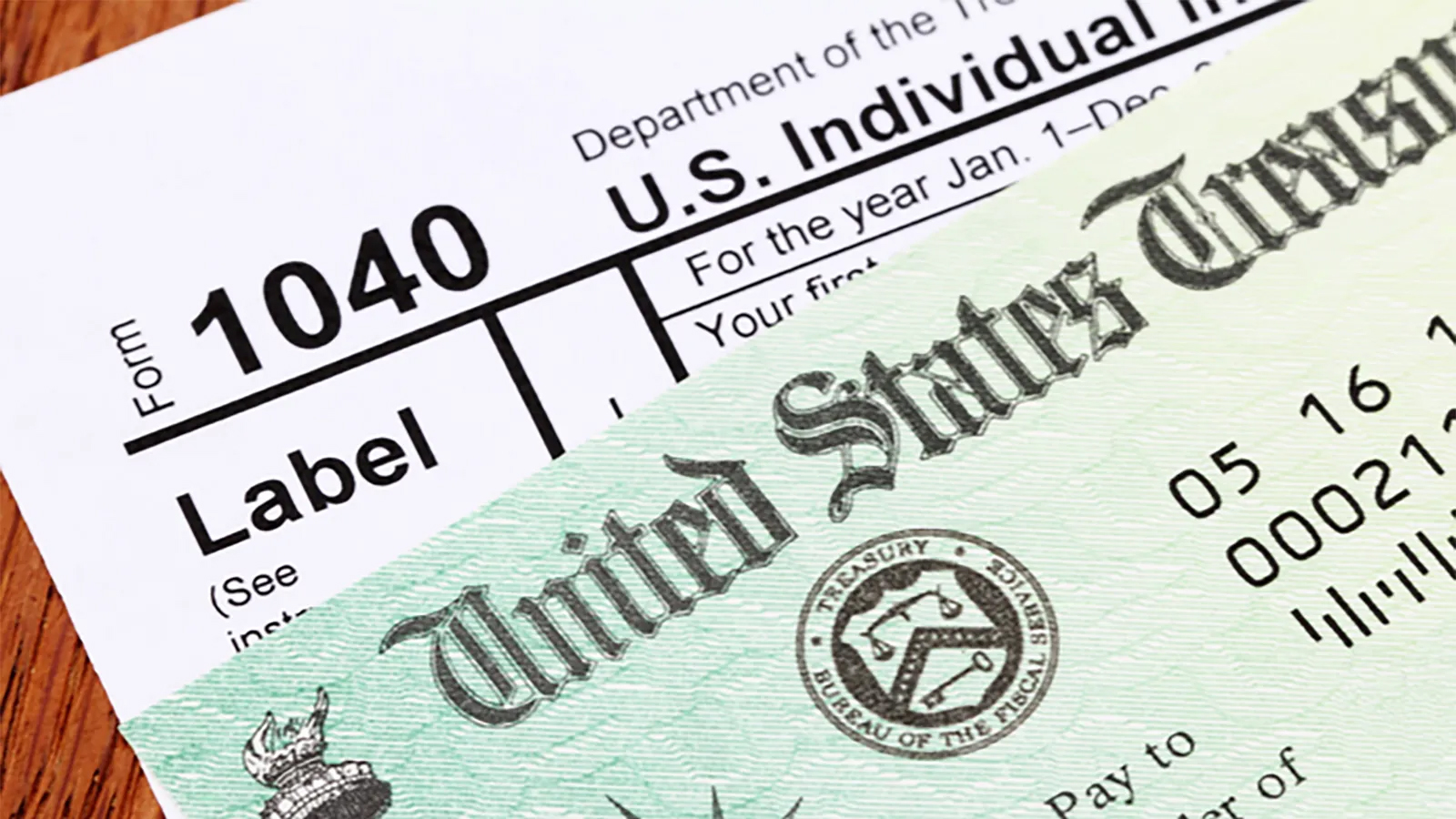Overtime Pay And Tips: What You Need To Know About Tax Liability

Welcome to your ultimate source for breaking news, trending updates, and in-depth stories from around the world. Whether it's politics, technology, entertainment, sports, or lifestyle, we bring you real-time updates that keep you informed and ahead of the curve.
Our team works tirelessly to ensure you never miss a moment. From the latest developments in global events to the most talked-about topics on social media, our news platform is designed to deliver accurate and timely information, all in one place.
Stay in the know and join thousands of readers who trust us for reliable, up-to-date content. Explore our expertly curated articles and dive deeper into the stories that matter to you. Visit Best Website now and be part of the conversation. Don't miss out on the headlines that shape our world!
Table of Contents
Overtime Pay and Tips: Navigating the Complexities of Tax Liability
Are you an hourly worker who regularly clocks overtime? Or perhaps you rely on tips to supplement your income? Understanding how these earnings impact your tax liability is crucial to avoid unexpected tax bills and penalties. This comprehensive guide breaks down the complexities of overtime pay and tip taxation, offering clarity on what you need to know.
Overtime Pay: Beyond the Gross Amount
Overtime pay, typically earned at a rate of 1.5 times your regular hourly wage for hours worked exceeding a certain threshold (often 40 hours per week), is considered taxable income. This means it's subject to federal, state, and potentially local income taxes, as well as Social Security and Medicare taxes (FICA). Your employer is legally obligated to withhold these taxes from your paycheck.
However, the story doesn't end there. Understanding the specific tax implications of your overtime can be surprisingly nuanced:
-
Higher Tax Bracket: A significant increase in earnings from overtime can push you into a higher tax bracket, meaning a larger percentage of your overall income is taxed. This can lead to a higher effective tax rate than you might initially expect.
-
State and Local Taxes: Tax laws vary by state and even locality. Some states have higher income tax rates than others, impacting your overall tax burden. Research your specific state and local regulations to understand your complete tax liability.
-
Additional Withholdings: If you anticipate significant overtime in a given pay period, you might consider adjusting your W-4 form with your employer to increase tax withholdings, preventing a large tax bill come tax season. This proactive approach can avoid a nasty surprise.
Tips: Reporting and Tax Implications
Tips, whether received in cash or added to your credit card receipts, also constitute taxable income. This is often a point of confusion, leading to underreporting and potential penalties from the IRS.
How are tips taxed?
-
Employer Reporting: Many employers require employees to report their tips, often through a daily or weekly tip report. This information is used for payroll and tax purposes. Failure to accurately report tips can result in significant penalties.
-
Employee Responsibility: Even if your employer doesn't directly track your tips, you are still responsible for reporting all tips received to the IRS. This is typically done through Form 4070, Employee's Report of Tips to Employer.
-
Allocated Tips: In some industries, like restaurants, employers may allocate tips among employees, even if those tips weren't directly received by each individual. These allocated tips are also considered taxable income.
-
Social Security and Medicare Taxes: Tips are subject to Social Security and Medicare taxes (FICA). Your employer will likely withhold a portion of these taxes based on your reported tips.
Planning Ahead: Minimizing Tax Surprises
Careful planning can significantly reduce tax-related stress:
-
Consult a Tax Professional: If you have complex income situations involving significant overtime or tips, consulting a tax professional is recommended. They can provide personalized advice tailored to your specific circumstances.
-
Track Your Income: Maintain accurate records of your income, including overtime hours and tip amounts. This meticulous record-keeping will be invaluable during tax season.
-
Tax Software or Services: Utilizing tax software or professional tax preparation services can ensure accuracy and help you maximize deductions and credits.
Conclusion:
Navigating the tax implications of overtime pay and tips can be challenging. However, by understanding the key points outlined in this article and taking proactive steps to accurately report your income, you can minimize tax surprises and ensure compliance with all applicable laws. Remember, accurate record-keeping and seeking professional guidance when needed are crucial for responsible financial management.

Thank you for visiting our website, your trusted source for the latest updates and in-depth coverage on Overtime Pay And Tips: What You Need To Know About Tax Liability. We're committed to keeping you informed with timely and accurate information to meet your curiosity and needs.
If you have any questions, suggestions, or feedback, we'd love to hear from you. Your insights are valuable to us and help us improve to serve you better. Feel free to reach out through our contact page.
Don't forget to bookmark our website and check back regularly for the latest headlines and trending topics. See you next time, and thank you for being part of our growing community!
Featured Posts
-
 Home Run Hero Aaron Judge Equals A Rods Yankees Record The Chase Continues
Jul 23, 2025
Home Run Hero Aaron Judge Equals A Rods Yankees Record The Chase Continues
Jul 23, 2025 -
 Former President Trump Calls For Reversal Of Washington Commanders And Cleveland Guardians Name Changes
Jul 23, 2025
Former President Trump Calls For Reversal Of Washington Commanders And Cleveland Guardians Name Changes
Jul 23, 2025 -
 South Omaha Residents Affected By Power Outage Oppd Investigates
Jul 23, 2025
South Omaha Residents Affected By Power Outage Oppd Investigates
Jul 23, 2025 -
 Rugby Highlights First Nations And Pasifika Xv Vs British And Irish Lions Full Match Report And Score
Jul 23, 2025
Rugby Highlights First Nations And Pasifika Xv Vs British And Irish Lions Full Match Report And Score
Jul 23, 2025 -
 Overtime Drama At Dover Hamlin Secures Another Win
Jul 23, 2025
Overtime Drama At Dover Hamlin Secures Another Win
Jul 23, 2025
